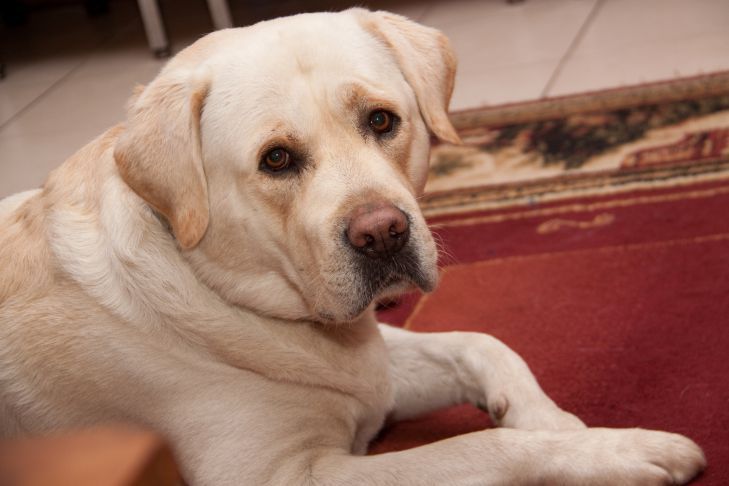When a dog gets old, problems arise not only for the dog, but also for its owners.
First of all, the aging process in a pet manifests itself in the animal’s behavior, which increasingly becomes “strange.”
Well, the dog itself is perplexed, it wants to know what is happening to it, why it is so hard for it, why it hurts so much?

Does your pet want to know why he suddenly becomes so scared, why what was previously familiar is now so incomprehensible?
You may be able to make your older dog's life easier.
What ailments most often overcome
It is worth understanding that the older the dog, the more physiological problems it has.
For example, dental disease. This causes pain to the dog and makes him irritable.
Bowel problems affect the cleanliness of your home.
Less intensity of work of the lungs and heart leads to rapid fatigue and anxiety.
Kidney and bladder diseases can lead to problems with incontinence.
Joint diseases and muscle atrophy restrict the dog's movements, and it becomes painful for it to even move slowly.
When does a dog start to get old?
At what age do such problems begin? It all depends on the breed.
But generally speaking, large dogs begin to age earlier (6-7 years), small ones – a little later (9-10 years).
It is also worth knowing that older dogs often suffer from an illness similar to Alzheimer's disease in humans.
Signs of trouble: loss of orientation in space, the dog sleeps more during the day, indifference to communication, incontinence.
The disease, unfortunately, is incurable, but timely visit to the veterinarian can slow its progression and make the life of an elderly dog easier.
Anxiety and stress
As dogs age, they develop anxiety due to their weakening vision and hearing, making their surroundings less and less understandable.
In addition, animals are worried about problems such as incontinence, since they have never had this before.
And if changes occur at home, even if they are as minor as rearranging furniture, the dog is subject to stress.
In connection with the above, owners are advised to:
– don’t blame the dog for what’s happening, because it’s not stubbornness or character, but physiology;
– contact a veterinarian;
- be patient, remembering that over the years of devotion the dog has earned the appropriate care and attention.
